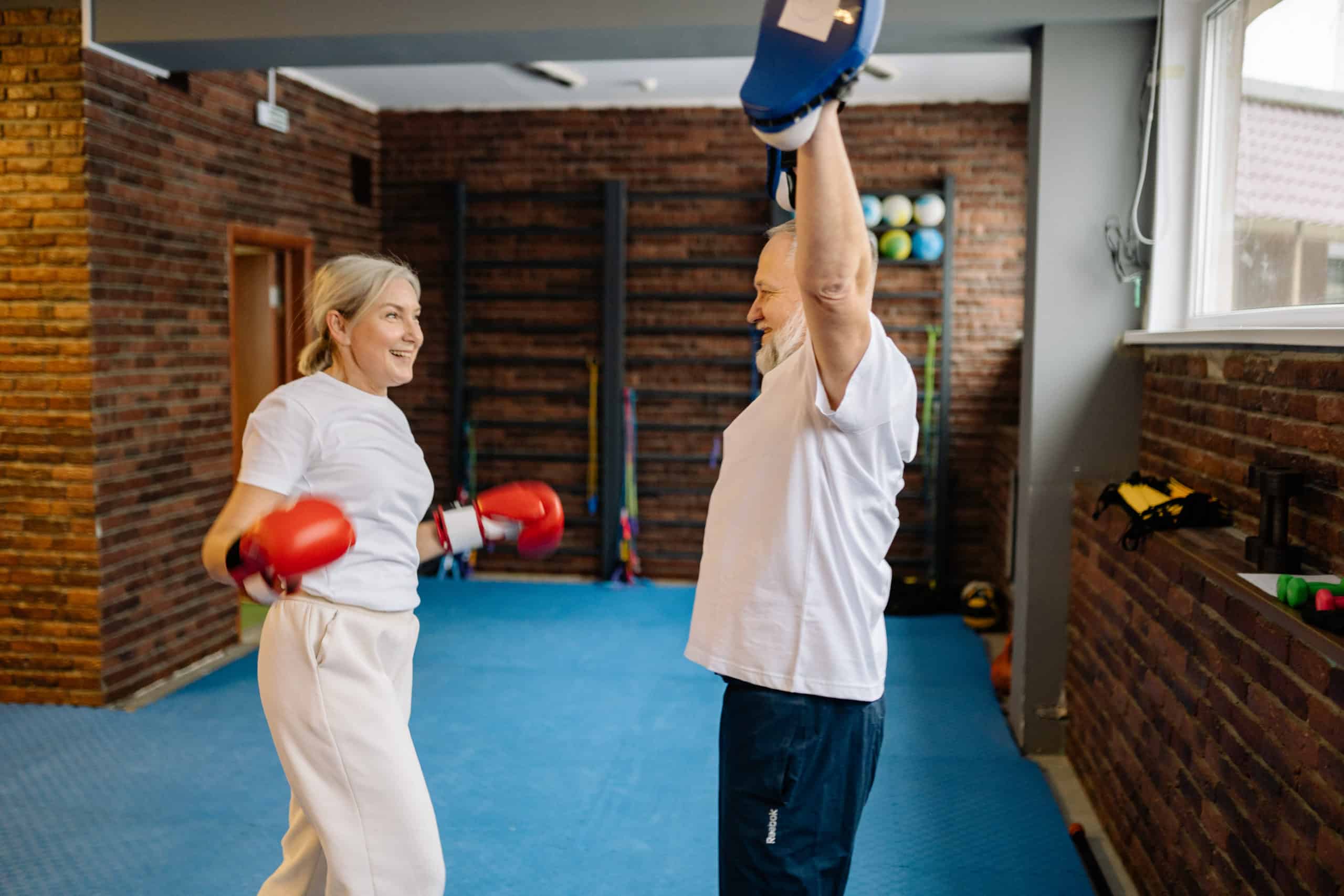Active Aging Means Staying Involved And Participating With Others As A Way To Improve Quality Of Life And Well-Being
Pegasus skilled home health caregivers in Sierra Madre and elsewhere offer a full range of services. Some of their senior clientele participate in many activities despite their health conditions. Our career home health care nurses understand active aging and how it helps seniors.
Stereotypes abound when it comes to the elderly. Labeling them as physically or mentally disabled without regard to their capabilities is common. And it’s true that some individuals are unable to care for themselves and need help with the activities of daily living.
But the majority of seniors are still able to contribute in positive ways. They may have a medical condition, but it’s controlled and doesn’t stop them. Their “can-do” attitude keeps their life enjoyable.
What Is Active Aging?
Experts describe involved seniors as practicing active aging. Active aging is maintaining a good quality of life and well-being via involvement and participation with others. Although research is ongoing, active individuals are more independent and experience better health.
Early researchers defined the primary components of active aging as:
- Autonomy
- Independence
- Healthy longevity
- Quality of life
The researchers discovered that most models of active aging were based on studies of “young-old” individuals. So they studied active aging in the “old-old.” They grouped individuals younger than 75 as young-old and individuals 75 and older as old-old.
The components of active aging differed between the two groups. The old-old tended to put greater value on:
- Happiness
- Minimal psychological distress
- Optimism
- Not feeling lonely
- Quality of life
Regardless of frailty, disability, or dependence, maintaining psychological health constituted active aging for the oldest individuals in the study.
Others have expanded the concept of active aging as “fully engaging in life within all seven dimensions of wellness . . .” The seven dimensions are:
- Emotional – awareness of feelings and the ability to direct them in positive ways.
- Environment – includes practices like recycling, gardening, and being “green.”
- Intellectual – finding ways to stay mentally challenged and creative.
- Physical – includes good nutrition, adequate exercise, stress management, avoiding excessive alcohol consumption, getting enough sleep, and stopping smoking.
- Professional – using work skills as a volunteer, mentor, or developing meaningful hobbies or vocational activities.
- Social – interacting with families, peers, or participating in community activities.
- Spiritual – increasing the meaning of life through faith-based activities, nature, meditation, or other mindful action.
There’s overlap between the dimensions. Not everyone can do everything, but everyone can do something.
You can help your patients modify the activities to fit their needs and abilities. Talk with them about what’s important to them at their particular age.
What Are The Benefits Of Active Aging?
Active aging benefits seniors in a variety of ways. For example, even moderate physical activity can:
- Increase ability to achieve healthy weight
- Increase bone strength and muscle mass
- Reduce risk of chronic health problems
- Reduce risk of falling
Specific exercises can reduce pain as well as help seniors sleep better.
Regular exercise also alleviates stress and potentially reduces depression. When individuals exercise in groups, it’s not only more fun, but it’s also socially beneficial.
Individuals who actively participate with others in activities tend to be happier. Happiness strengthens immune systems and improves health.
Active aging includes stimulating the brain. Challenge your senior clientele to learn at least one new fact every day. That can get them interested in an almost infinite variety of things.
What Hampers Active Aging?
As a home health care nurse, you also have the opportunity to observe untreated medical conditions that hinder activities. That can range from depression to reduced cognition to incontinence, among others. You can then help individuals get the medical care that can help them be more active.
Polypharmacy, which is taking five or more drugs daily, is common in the elderly. Learn which medications your patients are taking, the interactions, and the side effects. Include herbs and supplements in your evaluation.
It may be that some can be reduced, stopped, or changed. Or not. Either way, you can help your patients manage/overcome the side effects that hamper their activities.
What Helps Active Aging?
Active aging begins during younger years. A lifetime of healthy living improves the quality of life as individuals age. However, lifestyle choices at any age are the most significant factors in senior well-being.
Evaluating their diet and eating habits can lead to beneficial changes in the aging process. Dozens of obstacles can keep seniors from eating well. Regardless of their level of physical activity, they need good nutrition to stay healthy.
Your Pegasus team includes dietitians and therapists. They can customize diets and exercises to fit the needs and abilities of your patients. No one is ever too old to improve their lifestyle.
Pegasus is a licensed Home Care Organization and a Joint Commission Accredited Home Health Care organization. Our caregiver services in Sierra Madre and our other locations encourage independence. Our career home healthcare nurses have a positive attitude about aging and the benefits of staying as active as possible.

